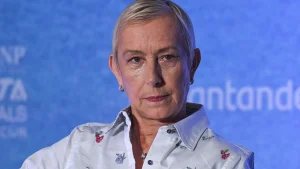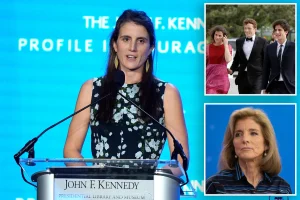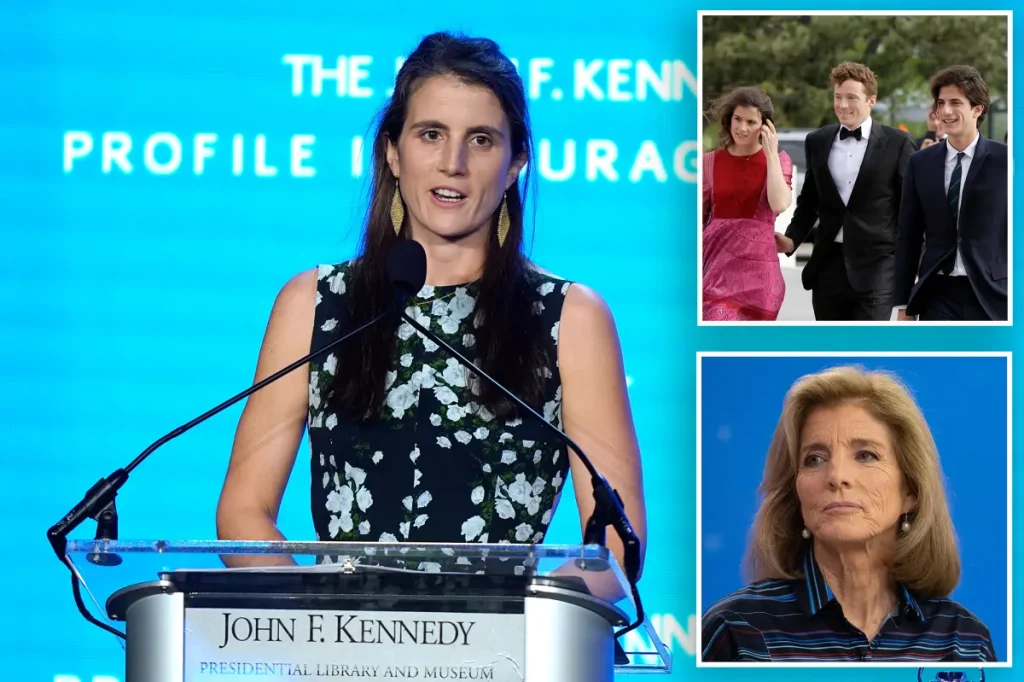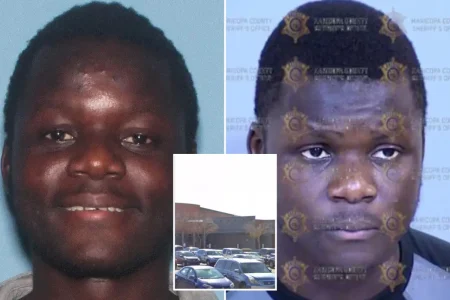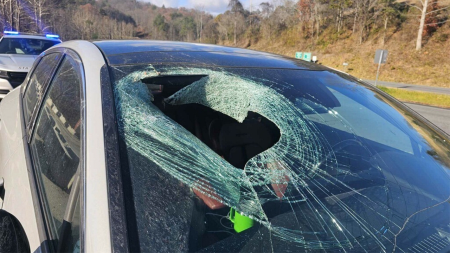Tatiana Schlossberg’s Brave Journey Through Terminal Cancer
In a deeply moving personal essay published in The New Yorker, Tatiana Schlossberg, the 35-year-old granddaughter of President John F. Kennedy, revealed her terminal cancer diagnosis. With extraordinary courage and vulnerability, Schlossberg shared that she has acute myeloid leukemia with a rare mutation called Inversion 3, which doctors have given her approximately one year to live. Her announcement, coincidentally published on November 22—the 62nd anniversary of her grandfather’s assassination—adds another chapter of heartbreak to a family that has endured more than its share of tragedy. “Maybe my brain is replaying my life now because I have a terminal diagnosis, and all these memories will be lost,” she wrote poignantly, capturing the profound existential questions that accompany such devastating news.
The timing of Schlossberg’s diagnosis makes it all the more heartbreaking—doctors discovered her cancer just hours after she gave birth to her second child in May 2024. Since then, her life has been consumed by aggressive treatments including bone-marrow transplants, chemotherapy, and blood transfusions. In January, she participated in a clinical trial for CAR-T-cell therapy, an innovative immunotherapy approach used to fight certain blood cancers. Despite these extensive medical interventions, her doctor delivered the devastating prognosis that she likely has only about a year remaining. Throughout this ordeal, Schlossberg has demonstrated remarkable resilience while confronting the most difficult reality imaginable for a young mother of two small children.
Perhaps the most gut-wrenching aspect of Schlossberg’s essay is her reflection on what her absence will mean for her young children—a three-year-old son, Edwin, and an 18-month-old daughter. “My first thought was that my kids, whose faces live permanently on the inside of my eyelids, wouldn’t remember me,” she writes with devastating clarity. “My son might have a few memories, but he’ll probably start confusing them with pictures he sees or stories he hears. I didn’t ever really get to take care of my daughter—I couldn’t change her diaper or give her a bath or feed her.” These words reveal the unique agony of a parent facing mortality while their children are too young to form lasting memories. Schlossberg, who has been married to doctor George Moran since 2017, must confront not only her own mortality but the knowledge that her children will grow up without experiencing her profound love and care firsthand.
Tatiana Schlossberg’s achievements speak to a life of intellectual curiosity and purpose. A Yale graduate with a Master’s degree from Oxford, she built a career as a journalist at The New York Times and published her first book in 2019. The second of Caroline Kennedy and Edwin Schlossberg’s three children, she grew up in a family defined both by extraordinary public service and devastating personal loss. Her older sister Rose is 37, and her younger brother Jack, 32, is currently running for Congress in Manhattan’s 12th Congressional District. Throughout her essay, Schlossberg reveals how her family has rallied around her during this crisis, helping to raise her young children while navigating their own grief at her diagnosis. In one particularly moving passage, she expresses the guilt she feels at adding “a new tragedy to her mother’s life,” reflecting the deep empathy that characterizes her writing even in the face of her own suffering.
Indeed, Schlossberg’s diagnosis adds another painful chapter to the Kennedy family’s well-documented history of tragedy. Her mother, Caroline Kennedy, has experienced profound losses throughout her life, beginning with the assassination of her father, President John F. Kennedy, when she was just six years old. Less than five years later, her uncle Robert F. Kennedy was also assassinated. In 1994, Caroline lost her mother, Jackie Kennedy Onassis, to non-Hodgkin lymphoma at age 64. Then in 1999, her brother John F. Kennedy Jr. died in a plane crash at age 38 alongside his wife Carolyn Bessette Kennedy. Poignantly, Tatiana had served as a flower girl at their wedding just three years earlier. This accumulation of losses across generations gives Schlossberg’s words added resonance when she writes about trying to protect her mother from further heartbreak.
Through her essay, Tatiana Schlossberg has transformed her private suffering into a profound meditation on mortality, parenthood, and family legacy. While her medical prognosis is devastating, her willingness to share her experience so openly demonstrates remarkable courage and generosity of spirit. Her words capture both the particular tragedy of a young mother facing terminal illness and the universal human struggle to make meaning in the face of mortality. As her family rallies around her and her young children, Schlossberg’s story reminds us of both the fragility of life and the enduring power of love. Though her future has been cruelly shortened, her brave testimony ensures that her voice and her wisdom will continue to resonate long after she is gone, providing not only a legacy for her children but a powerful gift to all who read her words.

